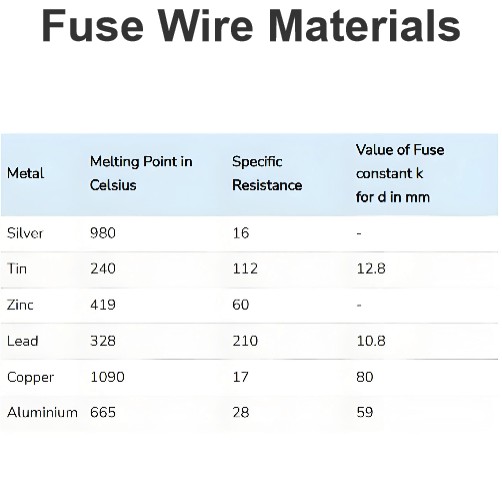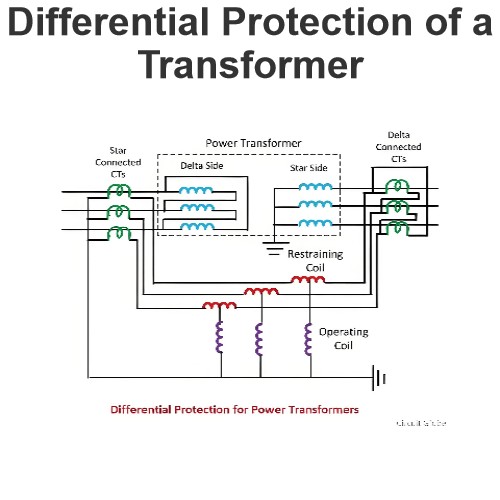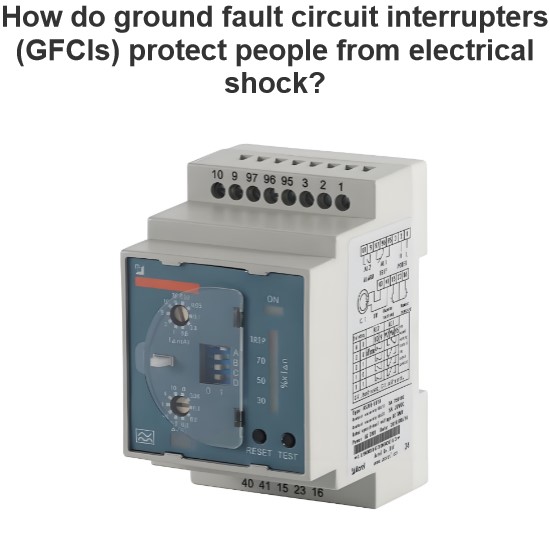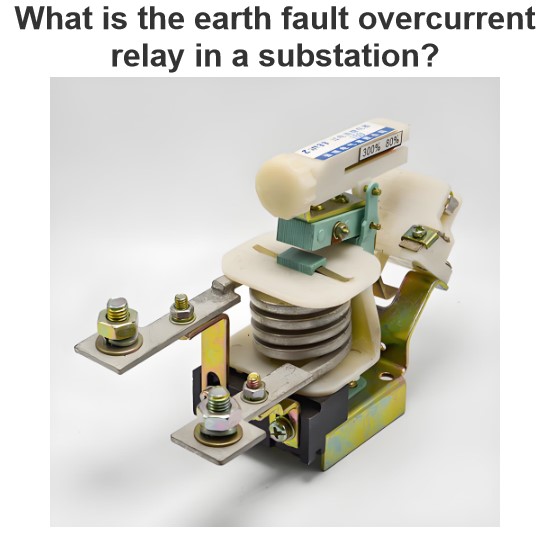What is Generator Protection?
What is Generator Protection?
Generator Protection Definition
Generator protection is the process of safeguarding generators from various electrical, mechanical, and thermal stresses.
Types of Protection
Protective relays are used to detect both internal and external faults, ensuring comprehensive generator protection.
Insulation Failure Protection
Longitudinal differential protection and inter-turn fault protection are crucial for preventing phase-to-phase and phase-to-earth faults.
Rotor Fault Detection
Methods like potentiometer, AC injection, and DC injection are used to detect rotor earth faults, preventing severe mechanical damage.
Backup Protection
Overcurrent relays and undervoltage relays provide essential backup protection for generators, ensuring faults are cleared if primary protections fail.
The Electricity Encyclopedia is dedicated to accelerating the dissemination and application of electricity knowledge and adding impetus to the development and innovation of the electricity industry.




